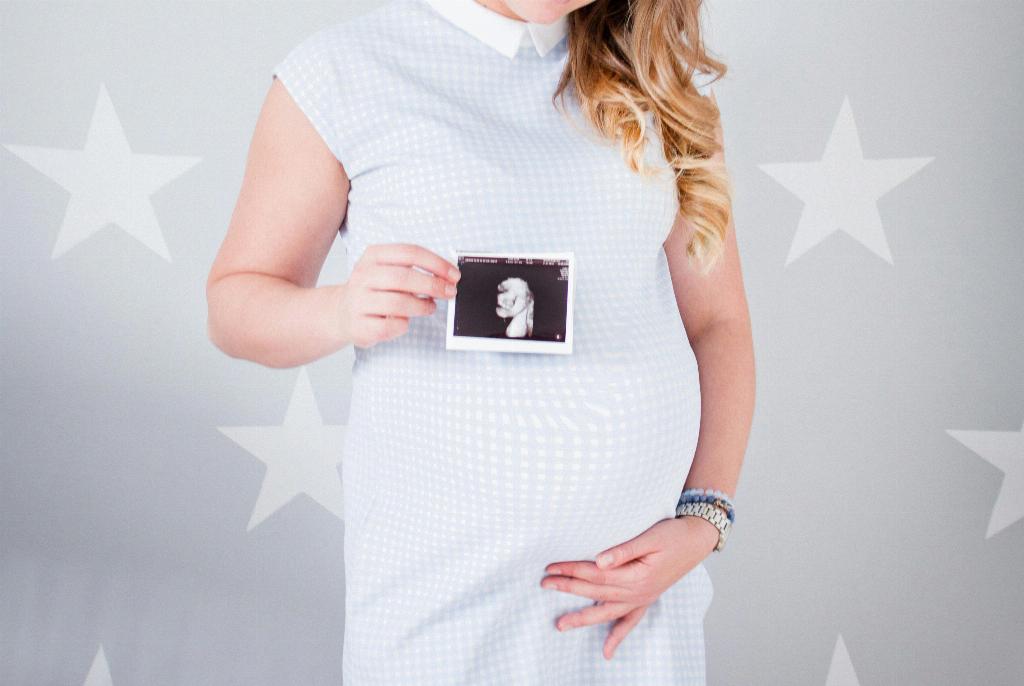When it comes to pregnancy, there are numerous changes and developments that occur in a woman’s body. One of the lesser-known aspects is the loss of the mucus plug, also known as the cervical mucus plug. This natural barrier plays a crucial role in protecting the womb during pregnancy.
Typically, the mucus plug is lost closer to the end of the third trimester, around the onset of labor. However, in some cases, women may experience the loss of their mucus plug earlier in pregnancy. This occurrence can be alarming, but it’s essential to understand the potential reasons behind it.
If you find yourself losing your mucus plug in the early stages of pregnancy, it’s crucial to contact your healthcare provider immediately. Early loss of the mucus plug can be an indication of preterm changes in the cervix, raising the potential risk for preterm labor. Your doctor can provide guidance and determine the necessary steps to safeguard your health and the health of your baby.
While losing the mucus plug in early pregnancy is less common, it’s not unheard of. Factors such as infections, cervical changes, or trauma can contribute to this occurrence. Monitoring any unusual symptoms or changes in your body is key to addressing any potential issues promptly.
It’s important to note that the mucus plug serves as a protective barrier against bacteria and other harmful substances that could reach the womb. Its loss can leave the cervix vulnerable, potentially increasing the risk of infections or complications. This is why early detection and intervention are vital.
Experiencing the loss of the mucus plug in early pregnancy can be a cause for concern, but it’s essential not to panic. Contacting your healthcare provider for a thorough assessment and proper guidance is the best course of action. They can evaluate your specific situation and recommend the necessary steps to ensure the well-being of both you and your baby.
Understanding the potential implications of losing the mucus plug early in pregnancy underscores the importance of prenatal care and regular check-ups. Your doctor can monitor your progress, address any concerns, and provide the support needed to navigate through this phase of pregnancy successfully.
While the loss of the mucus plug in early pregnancy may raise questions and uncertainties, seeking professional medical advice is crucial. Your healthcare provider can offer insight, guidance, and reassurance, helping you make informed decisions and take appropriate actions to safeguard your pregnancy.
Every pregnancy journey is unique, and unexpected occurrences like the loss of the mucus plug in early pregnancy can be unsettling. Remember, you are not alone in this process. Your healthcare provider is there to support you, address your concerns, and guide you through any challenges that may arise.
Remaining vigilant and proactive about your health during pregnancy is paramount. By staying informed, seeking timely medical assistance, and maintaining open communication with your healthcare provider, you can navigate through unforeseen circumstances like the loss of the mucus plug with confidence and clarity.
Ultimately, the loss of the mucus plug in early pregnancy can be a concerning event, but with the right support and guidance, you can address it effectively. Trust in the expertise of your healthcare provider, prioritize your well-being and that of your baby, and approach any pregnancy-related challenges with a proactive and informed mindset.

